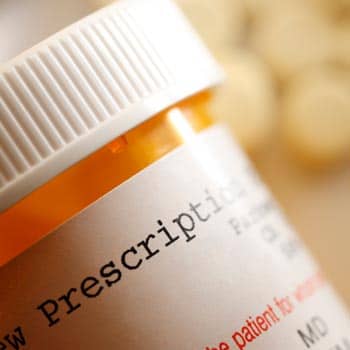Referral Service to
Private Treatment Centers in Canada
Prescription drugs, by which we mean any over-the-counter medication and prescribed medication by a physician, intended to ease a specified pain or general physical ailment. This has now moved over into practically any type of medication that is intended for a physical condition that gives a mental and / or physical side effect; such as, dizziness, sleepy or drowsy feeling, etc. But it is the opioid medications that are the most abuse presently all across Canada. In a recent study it was noted that Canada currently ranks second to the U.S. in prescription opioid abuse.
Get Immediate Help for Addiction
1 888-488-8434
Call our toll-free number
Not every abuser began as a recreational drug user, many of the pain medications such as; OxyContin, Percocet even T-3’s (Tylenol-3), Morphine and Fentanyl are prescribed for an existing conditions. The person taking these, even when following the dosage to the letter, began their dependency to the drug way before they realized they were addicted. This real problem of abusing painkilling drugs exists because of a lack of information on dealing with pain.

The medical profession has not resolved the issue for physical pain. The only solution for people is to cope with the pain by numbing or suppressing it with medication. So, a person’s awareness of the pain during healing and recovery from a surgery or accident is numbed. But when a person continues to experience the pain their only option is to take more medications.
The body will become accustomed to this numbing effect and when the drug is not taken there is a resulting increase in pain awareness and in a lot of cases withdrawal pain. A vicious cycle is now begun of more pain medication ending in addiction.

When these painkilling drugs are taken for recreational above its recommended dosage, the effects are amplified and the abuser gets a sense of euphoria or a feeling of being high. They have often been referred to as the poor man’s heroin. When pain drugs, or opiates, are abused and the person becomes addicted the withdrawal can be very difficult and painful in itself, if not done properly. In many cases of Oxy problems or Fentanyl abuse, the person is advised to go through medical detoxification prior to their drug rehab program. During withdrawal, the person’s physical well-being can be at risk and normally requires a medical staff on standby for monitoring purposes.
It is actually quite easy to get prescribed pain medication; one simply needs to see their doctor and say they have pain; after examination and finding nothing physically wrong, or sometimes no examination is done, you get prescribed a pain drug, usually accompanied by some anti-depressant to cope with this undiagnosed pain.
But for people with legitimate pain conditions (based on past accidents or surgeries), the medical society has no other solution than medication. Please note that this article does not refer to someone with a physical disability or a disease attacking the nerve tissues or other such conditions. We also want to point out that this article is not a medical opinion or diagnosis. It is simply a statement of observable facts in today’s society. We wish that researchers look for other options for people who suffer from constant pain.
Also, not everyone gets addicted to their prescription pain medication. Many people have been on painkilling drugs for 2 or 3 weeks and stopped and handled the balance of recovery with natural and rational approaches as dictated by their doctors, etc.